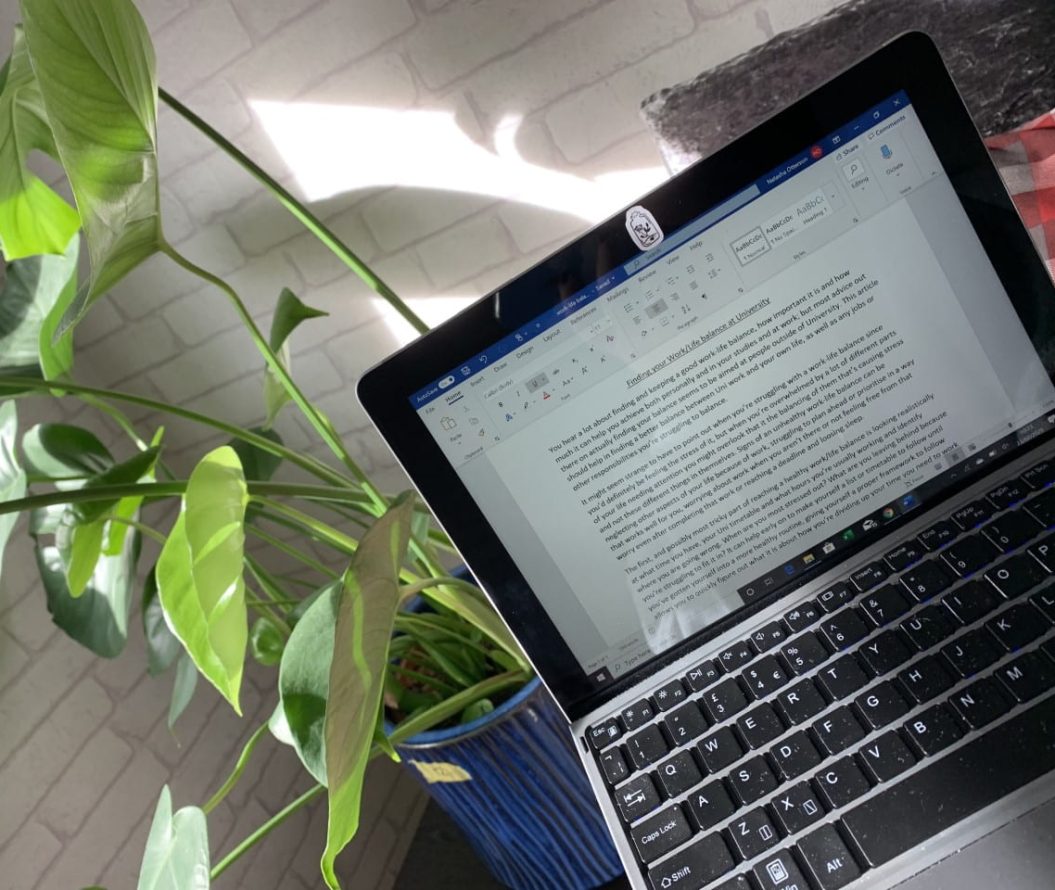I'm Shannon Butcher, a third-year student at the University of Lincoln. I study journalism and have pursued this field because I enjoy writing, informing or educating others and having the ability to discover interesting stories. Outside of university, I live…

Seasonal Affective Disorder: An uphill battle
Winter brings a lot of exciting events. Christmas, New Years, family get-togethers and so on. There tends to be a…
January 7, 2019,
read.
This article is more than 3 years old
Winter brings a lot of exciting events. Christmas, New Years, family get-togethers and so on. There tends to be a lot to look forward to. Even so, being a university student, there is still work to be done, no matter the season.
Most of us begin the academic year ready to take on our workloads and dedicate a lot of energy and time to our degrees. Unfortunately, as the days become shorter and the nights colder, that energy can start to dwindle and being productive can feel like an uphill battle.
What is Seasonal Affective Disorder?

Seasonal Affective Disorder or SAD – as it is ironically abbreviated – is a form of depression that fluctuates with the seasons. More commonly known as Winter Blues, it can affect anyone, even if their mental health is perfectly normal for the rest of the year.
Notable symptoms of this include having a low mood and lack of interest in everyday activities, being irritable, feeling guilty or worthless, weight gain, oversleeping and finding it hard to get out of bed and most of all, lethargy.
There has not been a specific reason found for this onslaught of SAD during the Winter season, but it is considered to be due to the lack of sunlight during these months, especially for those who do not rise early. The NHS suggests that too little sunlight can have an effect on the brain, including higher production of Melatonin, a chemical that makes you feel sleepy. It can also mean that your Serotonin levels are lower, resulting in more unpredictable and lower moods.
Productivity is vital for keeping on top of your work, but without the motivation to do so, it can soon pile up, leading to stress and other mental health issues. SAD does not apply to everyone, as it is at the severe end of unproductivity, but if you believe you may be suffering from it, there are methods of alleviating the disorder during the Winter time.
Things you can do to help yourself

The NHS recommends changing some areas of your lifestyle to try and get as much sunlight as possible. This can mean setting early alarms and getting up at the same time each morning to regulate your body clock. Exercise is also great for waking you up and getting your body to become active, therefore, making your mind active.
Diet changes may also be needed. For instance, you should make sure to keep hydrated and eat healthier foods. Fatty foods, especially carbs, can lead to lethargy, so simply managing how many carbohydrates you consume can make you feel better and a lot more awake.
After dark, having a night light or a lightbox is a great way to emulate natural light. This helps to convince your body that you are receiving more of it.
Where can I find help?

If you feel you are at the point where all avenues have been tried, the Student Wellbeing Centre at the University of Lincoln offers drop-in sessions Monday – Friday between 12 – 2pm and Thursday evenings (during term time) 5 – 7pm. Wellbeing Advisors are available during these times, to discuss further options in order to combat SAD, support you or make appropriate referrals where necessary.
University work is hard on its own and finding enough motivation to tackle it is a problem every student has faced at one time or another, but for some, the added seasonal effects can be incredibly detrimental to that, so, if you are feeling the Winter Blues and cannot push yourself to be productive, don’t be worried to ask for help.
- Topics
- Advice
- Health
- Mental health




